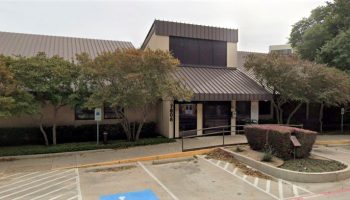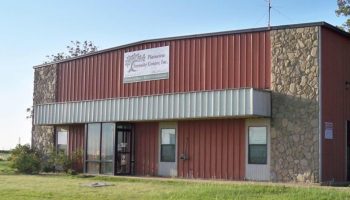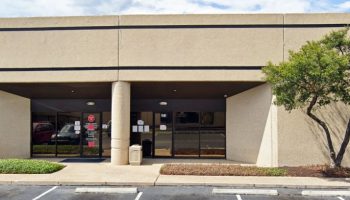About Integral Care East 2nd Street Clinic
Integral Care’s East 2nd Street Clinic addresses the primary and behavioral health needs of adults through an integrated care model. They offer evidence-based mental health support and substance use recovery including medication assisted treatment (MAT). They can help you take care of substance use and co-occurring mental health conditions.
Integral Care has delivered compassionate and comprehensive support to residents of Travis County in Texas since 1963. Their five decades of experience, paired with skilled professionals, ensure clients receive expert support. The clinic is situated in the thriving neighborhood of East Austin north of Lady Bird Lake, east of the Texas State Capitol.
They accept Medicaid, Medicare, and Medicare Advantage and several private insurance plans. They also offer income-based sliding fee discounts for the uninsured and can provide services even if you cannot pay. We like that their services are available in multiple languages including Mandarin and Spanish, to accommodate patients from diverse linguistic backgrounds.
Integrated Care for Whole-Person Healing
Integral Care helps you develop skills to maintain overall wellbeing. Their substance use recovery services blend outpatient therapy and MAT with case management to help you heal and rebuild your life with confidence. MAT involves personalized emotional support and drug and HIV education alongside life skills training and self-help support groups. You may receive psychiatric evaluation and medication management for underlying mental health challenges.
HIV+ clients with co-existing substance use and psychiatric conditions receive tailored care that includes family involvement. Their wellness services encompass exercises, nutrition therapy, and even smoking cessation services. The clinic may also offer job training and placements, housing or homeless support, and assistance in applying for social benefits like SSD and SSI. This helps you maintain stability as you move forward.
Levels of Care
-
Outpatient
In outpatient therapy, you’ll attend therapy sessions several times each week while living at home. This is ideal if you have a strong support system and a lower risk of relapse. Outpatient treatment offers flexibility to maintain work, school or family obligations.
-
Aftercare
Aftercare programs provide ongoing support after you complete a rehab program. They may include several components to help you maintain sobriety including therapy, community support groups and relapse prevention strategies. This gives you a network of resources as you reintegrate into your daily life.
-
Dual Diagnosis
Dual diagnosis programs address substance use disorders and co-occurring mental health conditions simultaneously. This integrated approach to care improves the likelihood of long term recovery and stability by addressing the root causes of addiction.
Detox Service Setting
-
Outpatient Detox
Outpatient detox gives you access to medically supervised withdrawal services while still allowing you to live at home. You’ll attend a clinic for treatment and monitoring. This flexible option is suitable for those with mild to moderate withdrawal symptoms who have strong support systems.
Programs
-
Adult (18+)
Adult programs address the substance use and life challenges specific to adults. Therapists can deliver sessions in individual, group and family settings. Services often include job support and life skills training in a structured environment.
-
Alcohol Detox
Alcohol detox programs offer medical support to help individuals withdraw safely from alcohol. Your care team may use medications to ease your symptoms and provide medical monitoring to address complications.
-
Cognitive Behavioral Therapy
Cognitive behavioral therapy focuses on changing harmful thought patterns and behaviors associated with addiction. You’ll learn healthier coping mechanisms by identifying and replacing negative thoughts. This improves your emotional resilience and decreases your relapse potential.
-
Men
Men's programs address substance use while also considering the social pressures, family roles and mental health concerns that are specific to men. You’ll learn healthy coping mechanisms as you build emotional resilience and develop communication skills.
-
Opioid Detox
Opioid detox uses medications to ease severe withdrawal symptoms. It also includes medical supervision to help you manage potential complications. These services allow you to stabilize and begin a recovery plan.
-
Women
Women's programs offer a safe and supportive space to focus on gender specific issues such as trauma, family roles and mental health conditions. Therapists tailor the sessions to address women's needs and foster empowerment in a healing and nurturing environment.
-
Young Adult (18 - 25)
Young adult programs are designed for individuals who are transitioning into adulthood. Topics of discussion typically include identity, independence and peer relationships. Providers may also offer life skills training and career support.
Payment Options
- Payment Assistance
- Medicaid
- Medicare
- Private Insurance
- Self Pay
Accreditations
-
 SAMHSA
SAMHSA
-
 Joint Commission
Joint Commission
Contact
1631 East 2nd Street Building A
Austin, TX 78702





